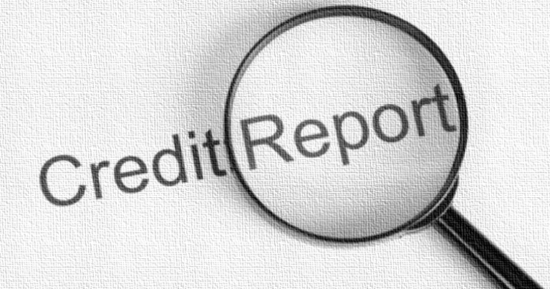|
Matters Pecuniary ... credit cards, banking, debt management, |
Different ways that your credit can affect you

Most people likely think that their credit history is only important when they’re applying for credit. But, your credit history can impact you in other ways, too.
Employment
Your indebtedness can affect an employer’s decision to hire you.
The policies regarding credit vary by employer, but it’s common for financial institutions to place restrictions on hiring candidates with poor credit, including those who have a certain amount of bad debt. If hired, the employee would have access to funds or other sensitive information. Because of the large amounts of outstanding debt, some employers see the candidates are at a higher risk of committing fraud, including embezzlement.
Although some states and cities have restrictions on the use of credit checks in the employment screening process. However, even in these areas, job seekers applying for jobs in the financial industry or in other areas where they will have access to sensitive information, may be exempt from this restriction, which means that employers may require credit checks.
Insurance
Your credit score is used in a number of ways when you’re shopping for different types of insurance, including life insurance, health insurance, and auto insurance, it’s a factor.
Your credit-based insurance score is used to help insurers determine the probability that you’ll file a claim. This score is not your traditional credit score that you’d find at the three major bureaus (Equifax, TransUnion, and Experian). Your credit-based insurance score is derived partly from your traditional credit score, though.
If an insurance companies determines that they are willing to insure you, your traditional credit score will then be used to help determine your rate.
Some states prohibit the use of credit scores in determining insurance rates, though.
Apartment/home renting
Applying for an apartment or home rental usually includes a credit check. It usually affects your deposit amount. Unfortunately, your credit score can be used to determine if the property owner will rent to you at all.
Utilities
When applying for utilities like cable, internet, water, electricity, and phone service, it’s very common to have a credit check conducted. This is usually done to determine how much your deposit will be.
Auto purchases
This may seem obvious, but it may seem really for some to phantom that their credit could affect their ability to purchase an automobile, especially when they can prove that they have stable employment and a low debt-to-income ratio. But, since you’re not purchasing the car outright, you’re financing the car and the lender will likely use your credit history to determine your interest rate.
Auto rentals
It’s not just automobile purchases that result in credit checks. In some cases, such as paying with a debit card, an auto rental agency may require a credit check.
Bank accounts
If you only plan to open a savings account or open a checking account without overdraft protection, you may be surprised to know that a credit check may still be performed. This could be for a number of reasons. Banks are required to confirm the identity of their customers and performing a credit check may be part of the bank’s identification process. Also, despite your intent to only use the bank for specific services, the bank has other plans. Some banks perform a credit check during the application process so that they can market their other services to you.
Credit cards and loans
This is likely the only reason that some consumers feel credit checks are performed. Of course, when applying for credit, the lender will want to get an overview of your credit history and determine what your creditworthiness is.
There may be other reasons that your credit is checked
This article isn’t inclusive of every scenario in which your credit may be checked. But, the good news is that you’ll need to grant someone permission to view your credit report. Be sure to get confirmation of whether the credit inquiry will be a hard inquiry or a soft inquiry and remember that hard inquiries do impact your credit score, even (in some cases) if it’s only a few points.